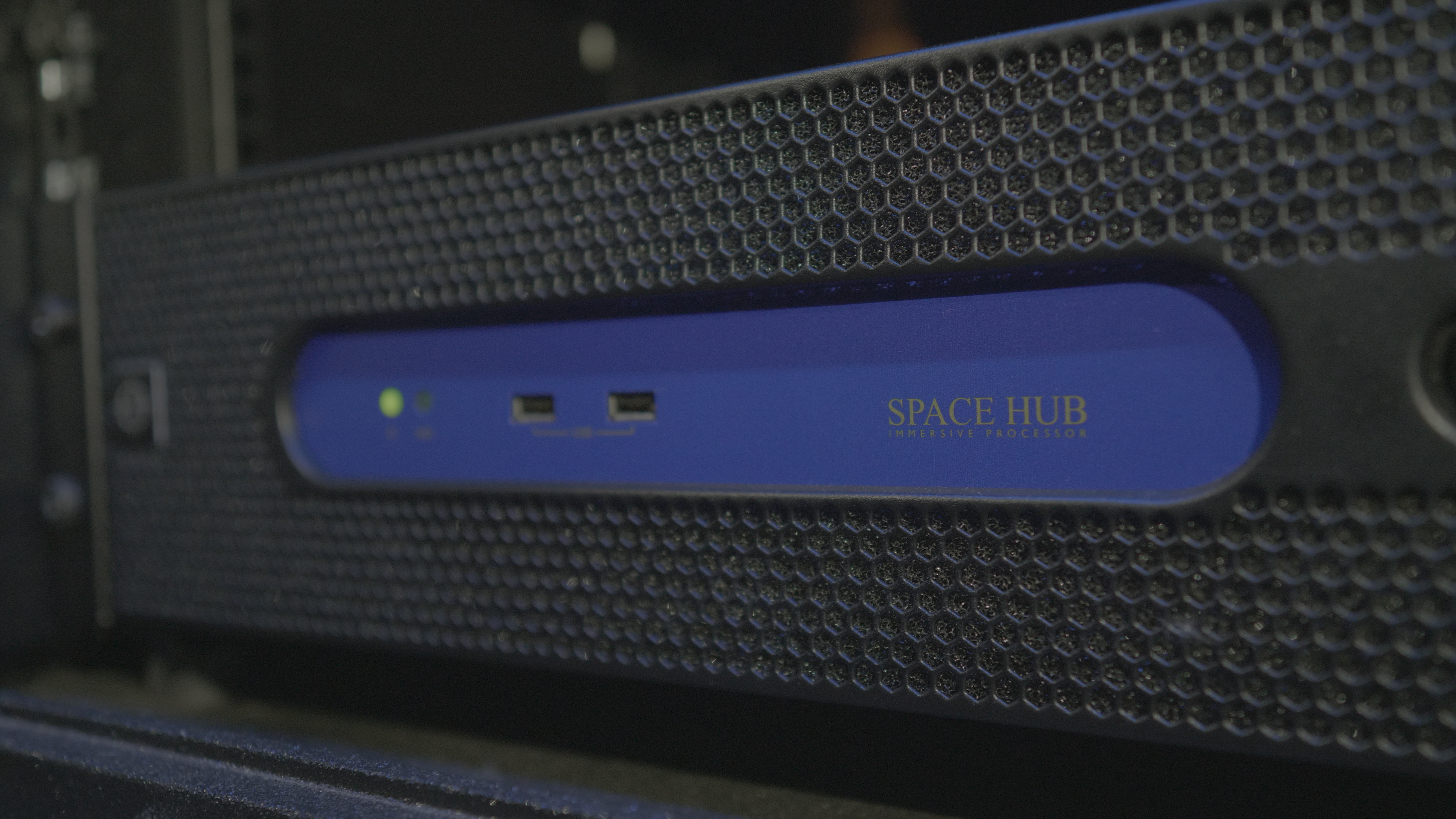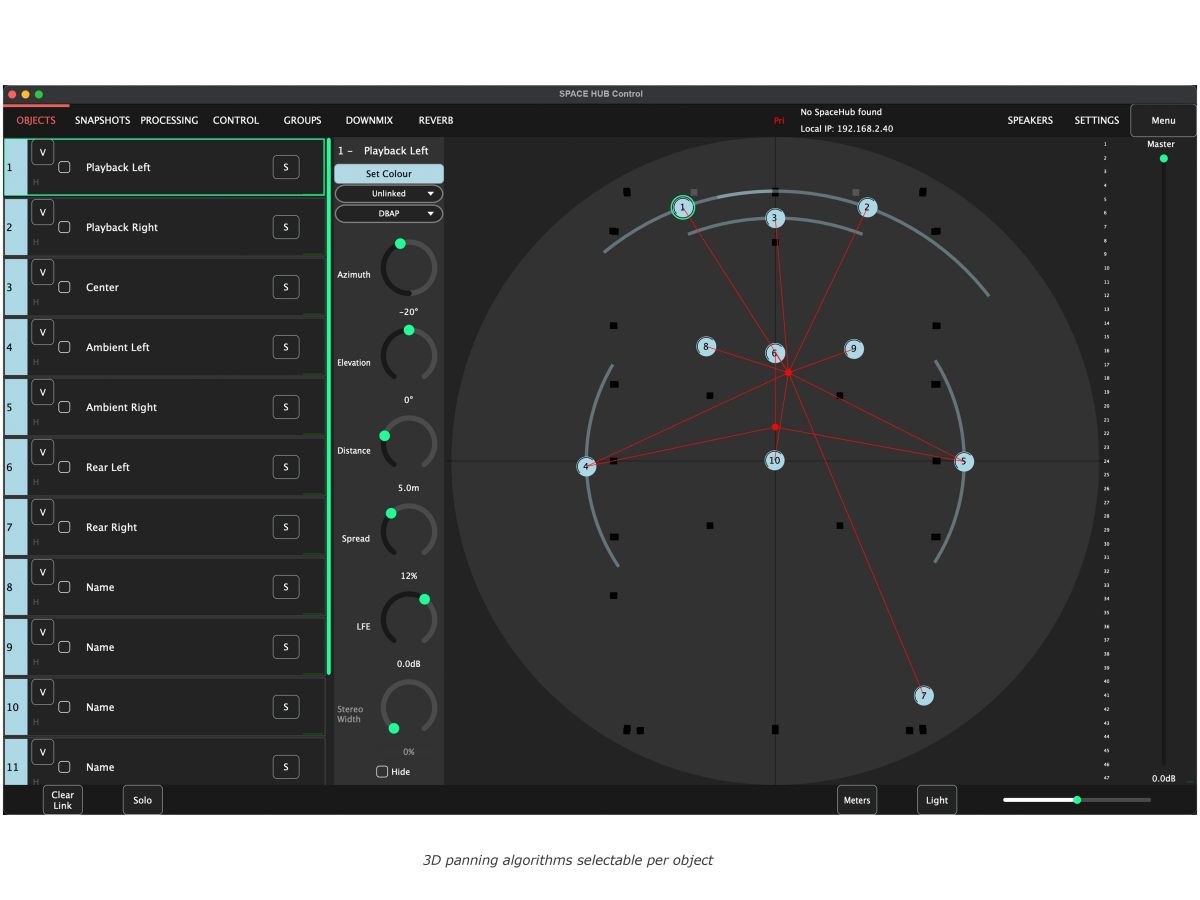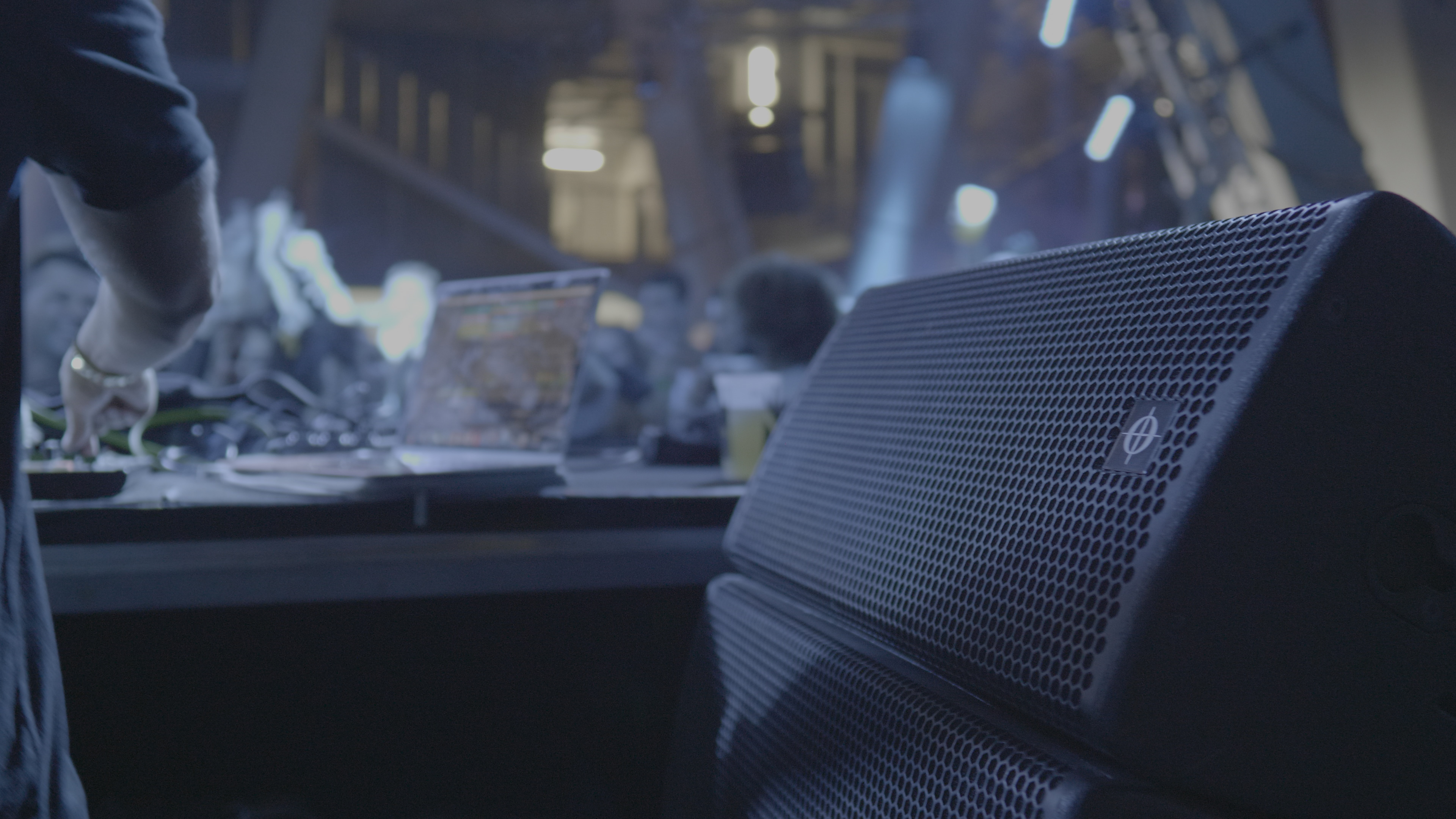CODA Audio is revolutionising the immersive sound experience with the release of Space Hub, a comprehensive ecosystem that combines high-performance loudspeakers and a powerful next generation processor. Headliner spoke to CODA founder and managing director Svetly Alexandrov at the first trial of Sound Hub, Marseille’s Utopia Festival, to get the lowdown...
When did you first learn about Utopia Festival, and why did you feel it presented the best opportunity to debut Space Hub?
It was not so long ago when our marketing director Webby called me and told me about this festival, and that they wanted to use immersive audio. We were already working on the Space Hub immersive processor, and at that time it was in fact almost ready. I thought, ‘we can definitely do this’, so in the summer things started to move, and now the festival has finally happened!
We were able to pull it off because of all the excellent, engaged people that were involved; people from Germany, England, and of course France. It's the first event of this scale that’s taken place in a long time, and everyone in our industry has missed a lot in the last year and a half: seeing people, socialising, and doing the things that we love. For me personally, this has been the most exciting part.






